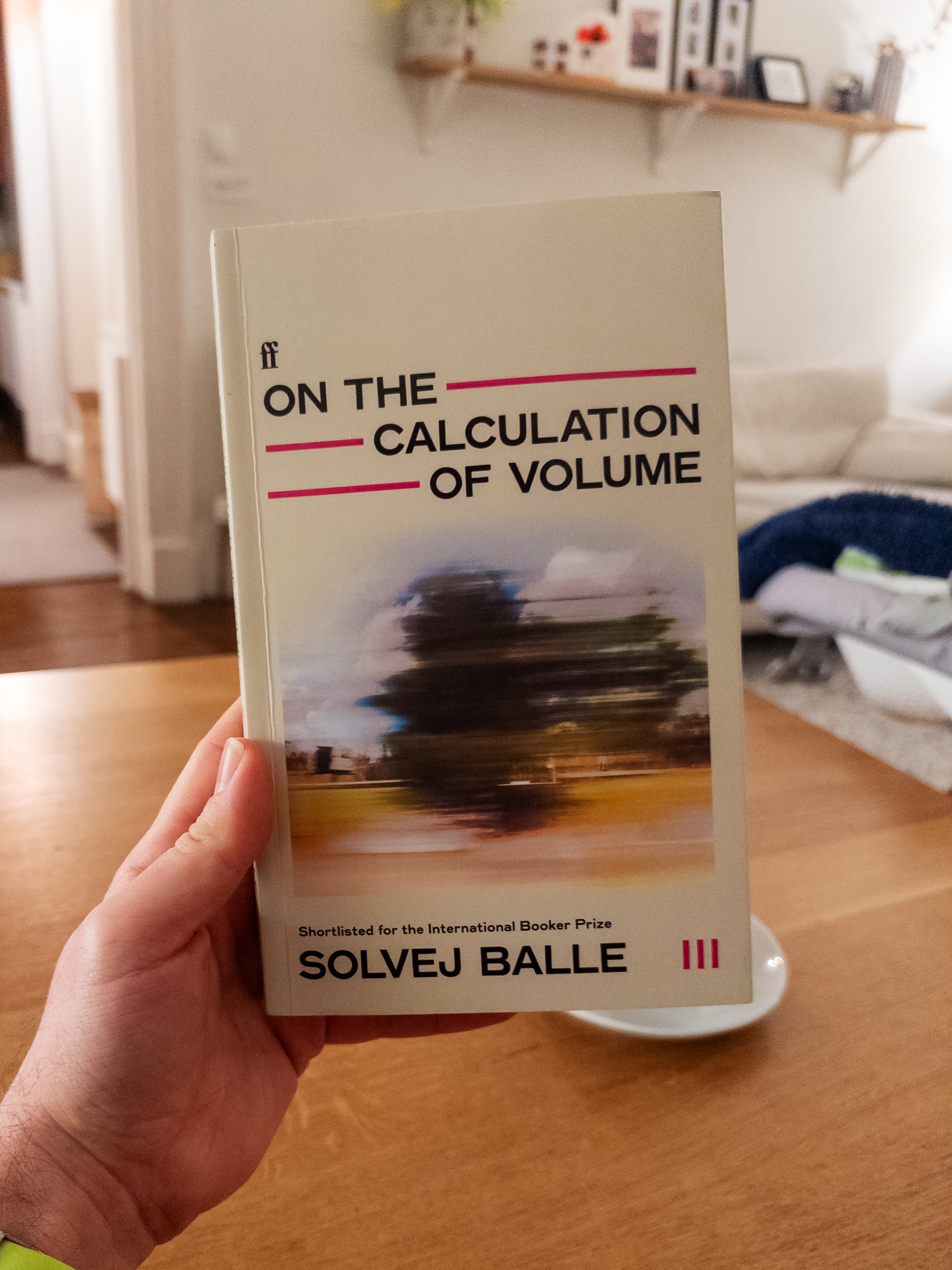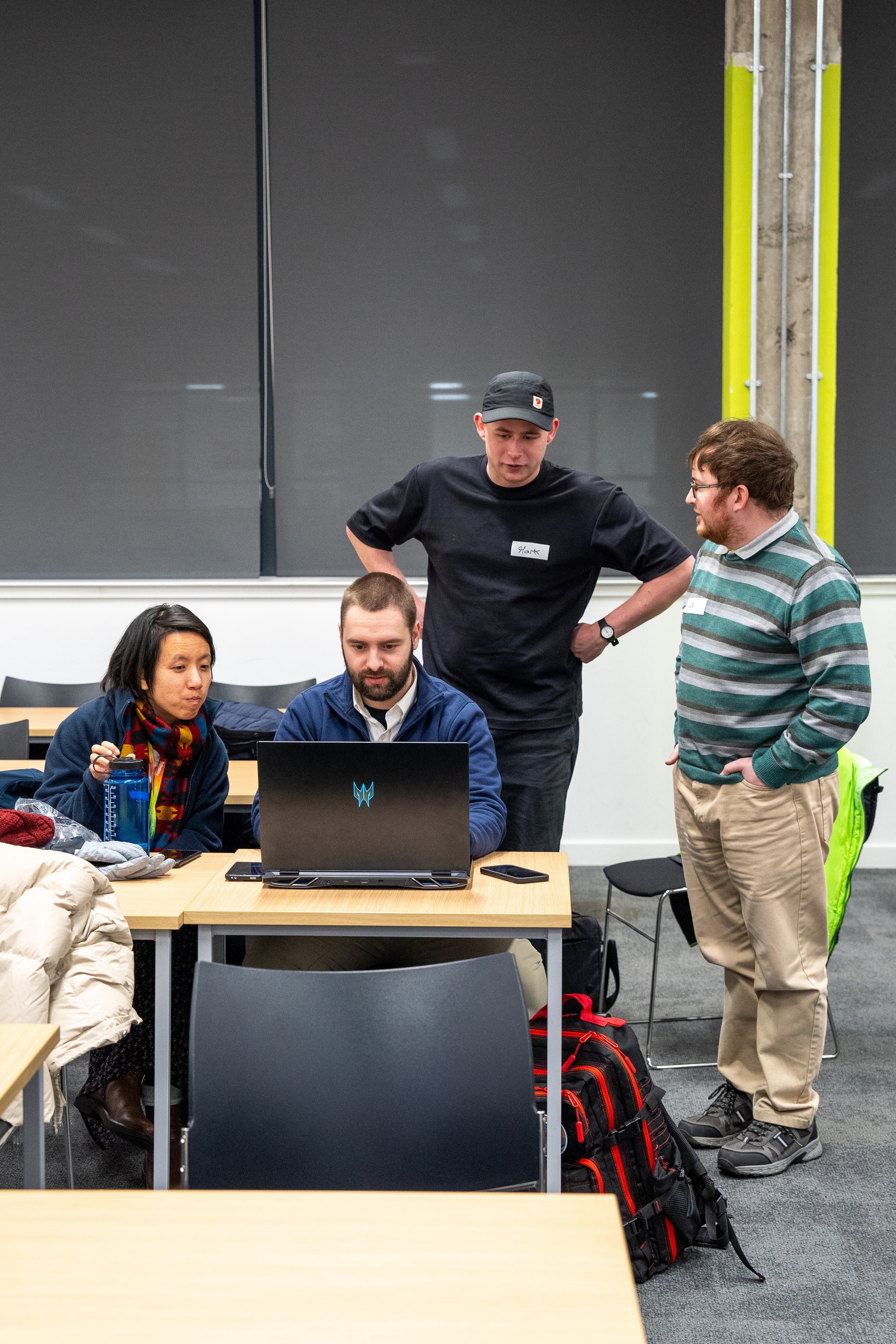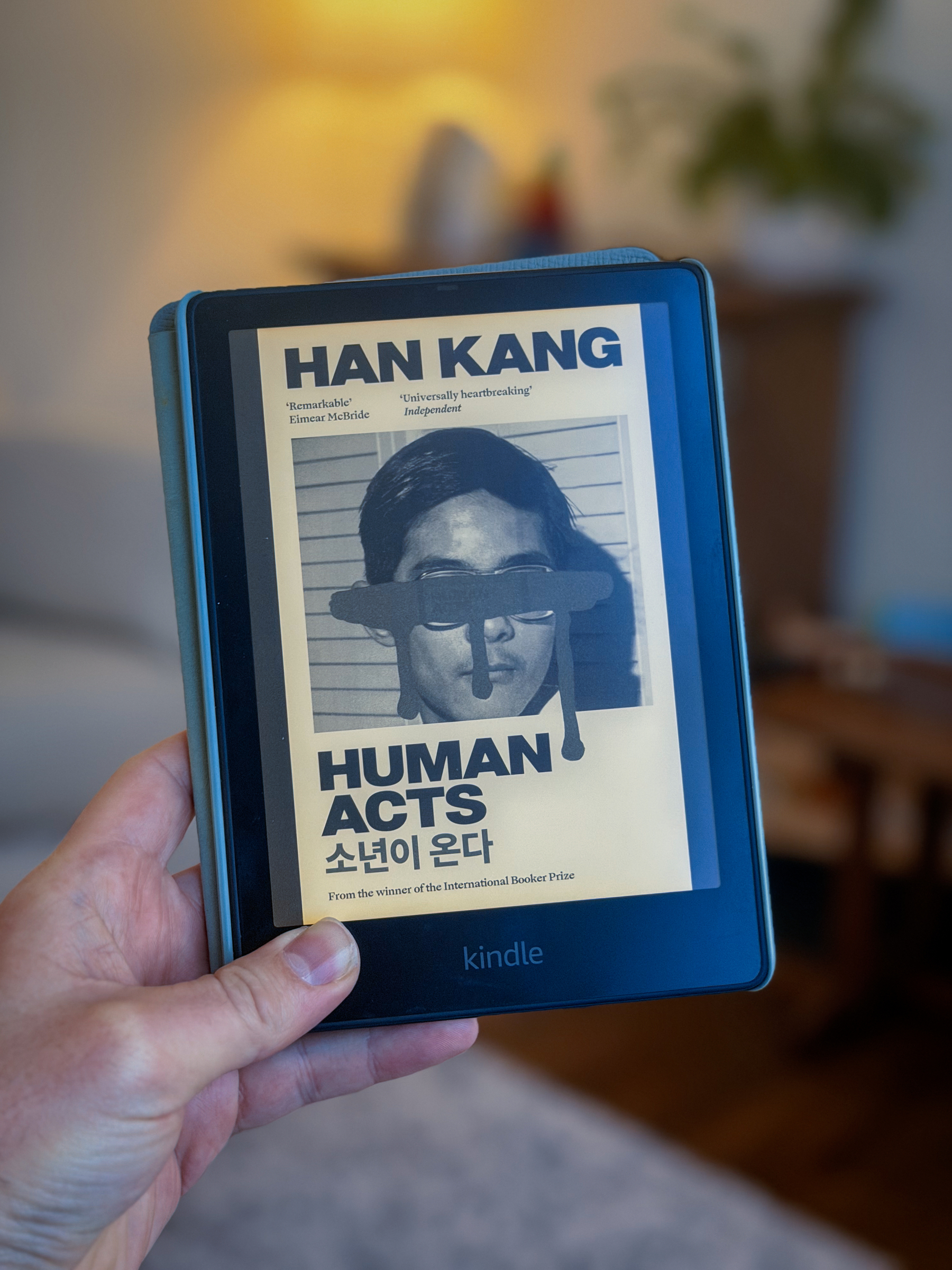-
→
🔗 Why Talking to LLMs Has Improved My Thinking, Philip O’Toole
the model is not improving my thinking directly. It is improving the interface between my thinking and language. Since reasoning depends heavily on what one can represent explicitly, that improvement can feel like a real increase in clarity.
-
→
🔗 The Human in the Loop, Adventures in Nodeland
When I ship code, my name is on it. When there’s a security vulnerability […], it’s my responsibility. I can use AI to help me move faster, but I cannot outsource my judgment. I cannot outsource my accountability.
Responsibility is key. Using AI has made me more paranoid about merging code - I don’t want the embarrassment of having yolo’d something into production without having understood what has been written. Part of the solution to this is likely to write better tests and validations and be responsible for those instead.
-
→
Just finished On the Calculation of Volume III, Solvej Balle 📚

-
→
Just aded a “Previous Bulletins” section to the Scottish Technology Club homepage, plus a link to the archive.
-
→
🔗 Why Self-Improvement Starts With Maintenance, Tim Harford
Maintenance is meditative — one of Brand’s heroes, the great French philosopher/round-the-world-sailor Bernard Moitessier, told him “My rule is, a new boat every day.” By that he meant that everything on his one-man boat should be as good as new; no repair job was so trivial that it could be postponed.
-
→

Started reading: Human Acts by Kang Han 📚
-
→

Currently reading: English Pastoral by James Rebanks 📚
-
→
🔗 The Hidden Risk of AI Compute, Dave Friedman
Once you view compute as risk, the strategic map changes. The service-first instinct is: “We’ll abstract this away for users, eat the risk ourselves, and charge a margin.” So you get GPU Airbnbs, fancy schedulers, nicer dashboards. Useful, but fundamentally linear. You have a better middleman in a broken market. The market-first instinct, on the other hand, is: “We’ll surface the risk, standardize it, and make it tradable. Our moat is the market structure, not the interface.”
-
→
🔗 You’re Overspending Because You Lack Values, Sherry Ning
Standing in front of all my stuff, it hit me that all of it used to be money, and all of that used to be time. I was standing in front of the metabolic waste of my existence, materialized. I was looking at the amount of my time, therefore my life, that had been turned into garbage. And the worst part is that I could’ve prevented it.
-
→
📚Finished reading Meditations for Mortals, Oliver Burkeman. My review:
Meditations for Mortals is a book of short reflections I read slowly over the course of a year. It’s ideal to snack on when you want a small shift in perspective or quotes on how others approach their lives.
If you’ve read Burkeman’s Four Thousand Weeks or The Antidote this will feel familiar. Burkeman avoids grand all encompassing frameworks and instead offers a calmer way of thinking about how to live.
I don’t feel the need to pick up too many self help books - but Burkeman is worth having around.
-
→

Currently reading: Matrescence by Lucy Jones 📚
-
→
I can usually find any passage I want in a physical book because I remember the thickness of pages in each hand when I read it. On a Kindle, all of that is flattened, each page is identical to the one before it. For me it is much like the difference between going for a long bike ride along rolling country hills versus riding a stationary bike in a gym.
🔗 BookTime, How I Read
-
→
This is essentially Robert Merton’s Matthew Effect applied to kebab shops - ‘unto every one that hath shall be given.’
London’s restaurant scene is no longer organised by taste alone. It is organised by visibility that compounds, rent that rises when discovery arrives, and algorithms that allocate attention long before consumers ever show up. What looks like “choice” is increasingly the downstream effect of ranking systems.
Lauren Leek on Google Maps allocating survival across London’s restaurants
-
→
They offer you pacification disguised as a beautiful illusion of creation, and worst of all, in concert with recommendation algorithms, can directly optimize on your engagement to keep you trapped.
Armistice on AI video model apps







